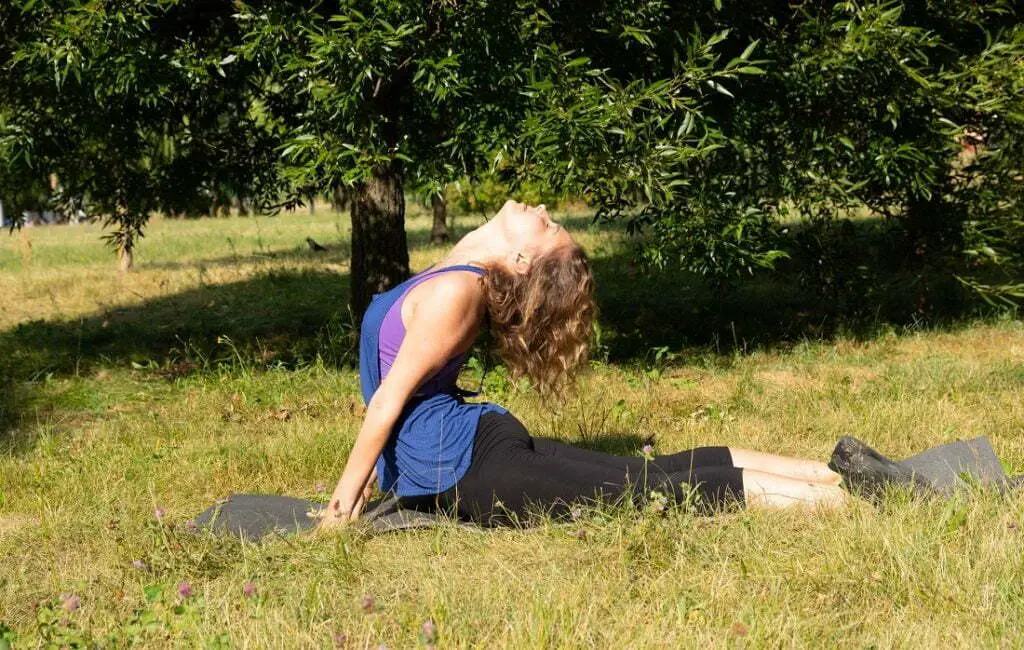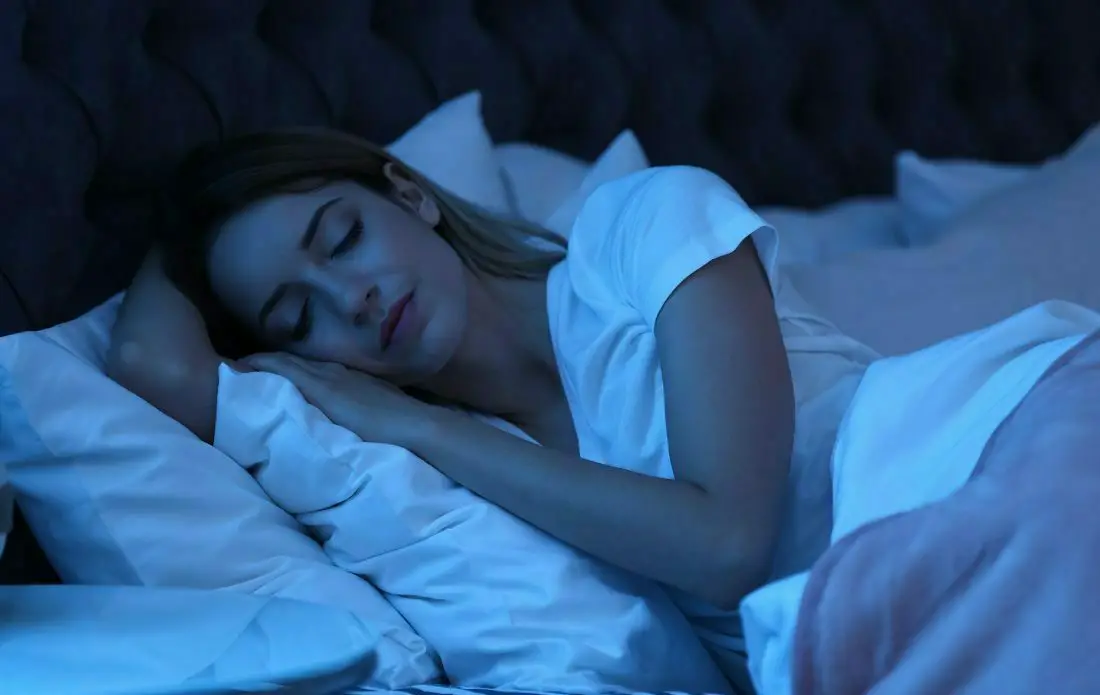A full night’s sleep is essential to health and performance. But sometimes it is difficult to fall asleep even without objective reasons.
Why a Person Cannot Fall Asleep
Insomnia is a subjective perception of difficulties with the onset, length, or quality of sleep. Doctors diagnose insomnia if symptoms are present at least three nights a week for three months and are not related to other sleep disorders and disturbances.
Various studies have shown the prevalence of insomnia in 10-30% of people, and some even in 50-60%. It is not uncommon in the elderly, more common in women, and patients with chronic illnesses and mental disorders. Insomnia can cause depression and worsen the quality of life. This condition is easily diagnosed using self-report questionnaires. At the same time, it is not always diagnosed in many patients who see a doctor with other health problems.
It also happens that the disorder is not chronic, but transient (arising due to temporary life circumstances). It is possible to suffer from insomnia for external reasons:
– The room is not quiet and dark enough;
– Uncomfortable bed, pillow;
– Uncomfortable temperature conditions (too hot or cold);
– Lack of oxygen (all windows are closed);
– Wrong bedding.
Insomnia is often caused by physical and psychological factors:
Stress, inability to relax, anxiety;
Worries about the events of the past day or future situations;
Emotional excitement;
Change of time zones (jetlag);
Pain, discomfort in the body;
Abuse of alcohol, caffeine, and other stimulants.
How to fall asleep quickly: 8 tips
Insomnia, which lasts a long time and can`t be corrected by available methods, should be treated by a doctor. He will familiarize himself with the anamnesis, prescribe examinations and prescribe suitable medications. If sleep problems have not turned into a chronic condition and do not depend on your general state of health, try to correct the situation in the following available methods.
1. Control the Temperature
When a person falls asleep, their body temperature goes down. If the room is too warm, it can cause discomfort. Regulate the air conditioner by choosing a range of 15.6 to 19.5 °C. Individual preferences may vary, so choose the temperature that works best for you. Ventilate the room before you go to sleep. You can leave a window open overnight, especially during the heating season.
2. Take a Walk Outdoors Before Going to Bed
A study by researchers from Brandeis University, released in the journal Sleep Health, confirmed that people who walk a lot during the day fall asleep better at night. According to the researchers, you don’t have to do a high-intensity workout to improve sleep. Walking more steps throughout the day is enough; you can take a 25-minute walk before bedtime.
According to a National Sleep Foundation study, one activity of mild intensity aerobic exercise, such as walking, helps you fall asleep faster than energetic aerobic exercise, such as jogging. Vigorous exercise energizes, increases heart rate and metabolism. Moderate activity helps you calm down, relieve stress, and improve your mood.
3. Take a Warm Bath or Shower
Water will help you relax. When you get out of the bath, your body temperature drops quickly. This process sends a signal to the brain to go to sleep. It is better to avoid an invigorating contrasting shower and favor relaxation in a warm bath in the evening.
4. Change Your Bedding
The fibers in clothing and bedding have different thermal properties, which affect the quality of sleep and the speed of falling asleep. Choose natural fabrics that absorb moisture well and are breathable.
5. Don’t Use Your Phone an Hour Before Bedtime
Turn off televisions, smartphones, laptops, and other electronic devices 30 minutes before bedtime. Their light stimulates the brain and keeps you awake. Too much information and emotion late at night also negatively affect the ability to relax. Before going to bed it is better to give up work, active communication, and new experiences.
6. Stick to Your Schedule
The daily routine is the basis of the normal functioning of the body, which has its regulatory system, or circadian rhythms. This internal clock keeps the body awake during the day and at rest at night. Waking up and going to bed at the same time will help the internal clock to stay on schedule every day.

7. Exercises
The 2020 study involved 16 men and women. They finished moderate-intensity workouts at different times, including two and four hours before bedtime. Researchers found that evening exercise didn’t interfere with participants’ sleep. Still, it’s worth preferring quiet sports: relaxing swimming, yoga, stretching, or walking.
A 2019 review analyzed 23 studies of the relationship between evening exercise and sleep. Researchers confirmed that evening exercise can improve sleep if it ends at least one hour before bedtime.
8. Create a Comfortable Environment
Turn off the lights and do your best to eliminate unnecessary noise. Melatonin is the hormone responsible for the cycles of wakefulness and sleep, it is produced only in darkness. It helps to fall asleep more quickly: it lowers blood glucose levels and lowers body temperature. Hang thick blackout curtains, so you won’t be disturbed by the glare of passing cars and street lights.
Sleep hygiene is the basis for establishing problems with falling asleep. However, it is necessary to remember that any behavior should not become “protective.” That one protects against any discomfort, in this case, insomnia. If a person will consider that without a walk or a warm bath before going to bed he or she will not fall asleep, then anxiety about insomnia will increase. It will lead again to difficulties in falling asleep.
